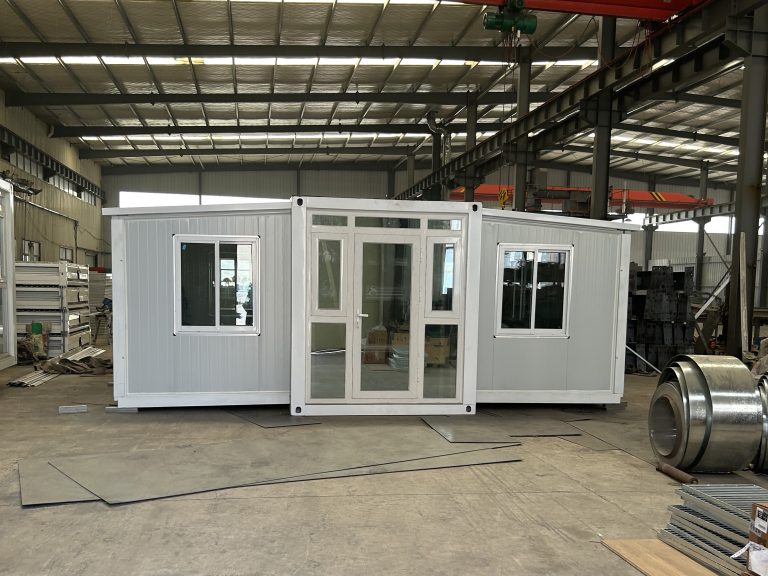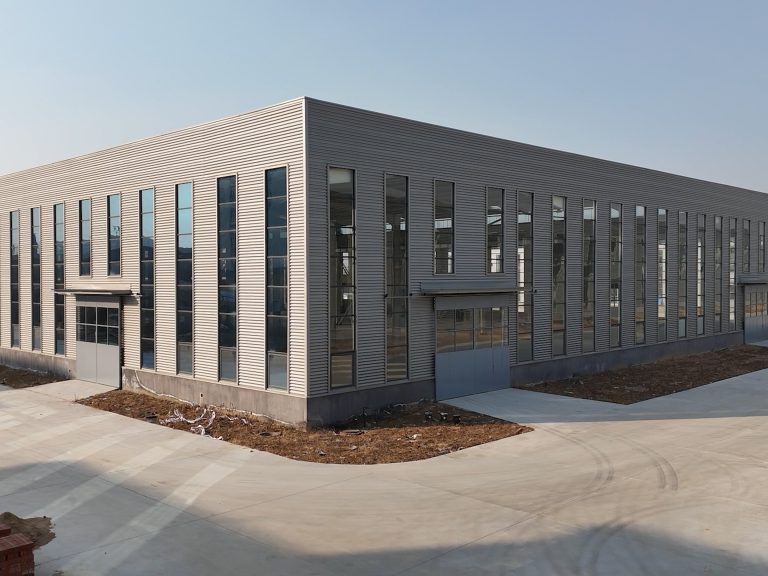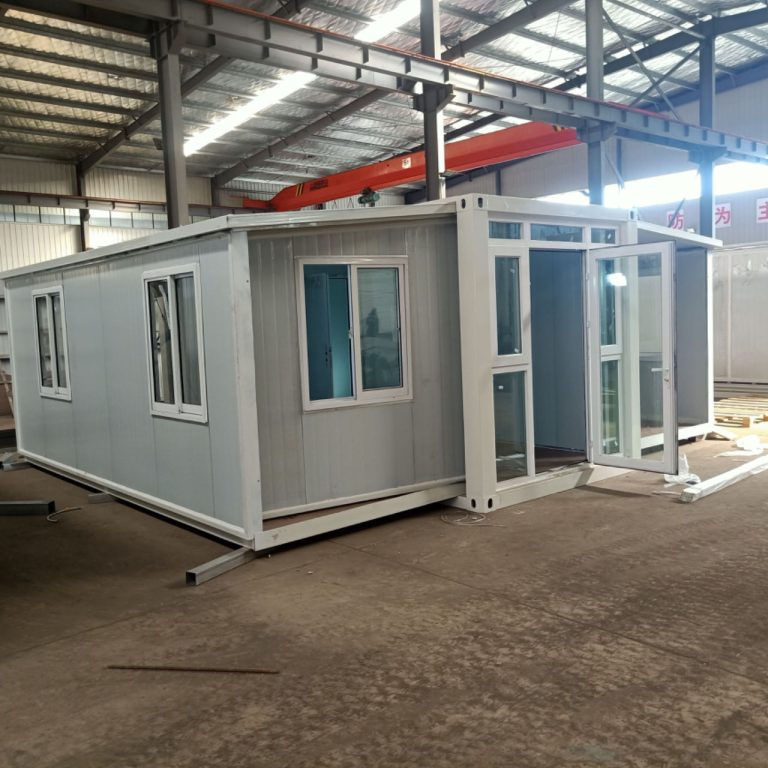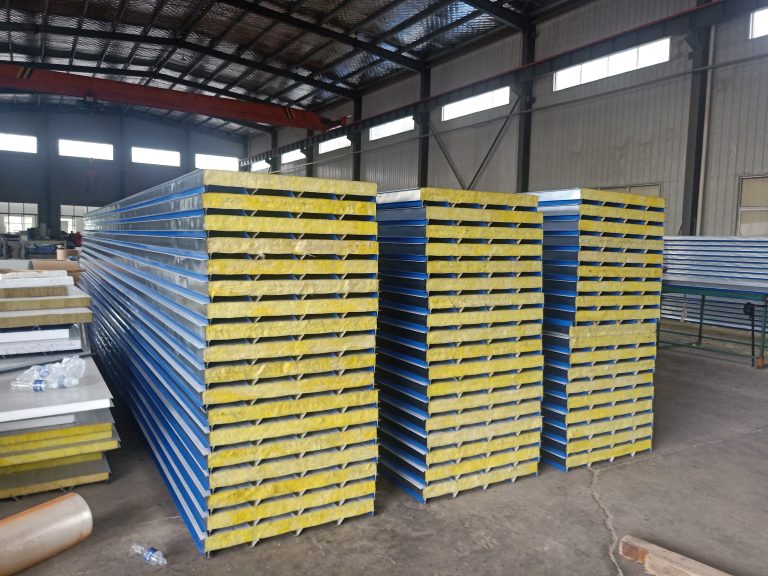Table of Contents
Benefits of Sound Insulation Panels in Building Insulation Materials
Sound insulation panels are a popular choice for building insulation materials due to their ability to reduce noise levels and improve overall comfort in indoor spaces. These panels are designed to absorb sound waves and prevent them from traveling through walls, floors, and ceilings. While sound insulation panels offer several advantages, they also come with some disadvantages compared to other building insulation materials.
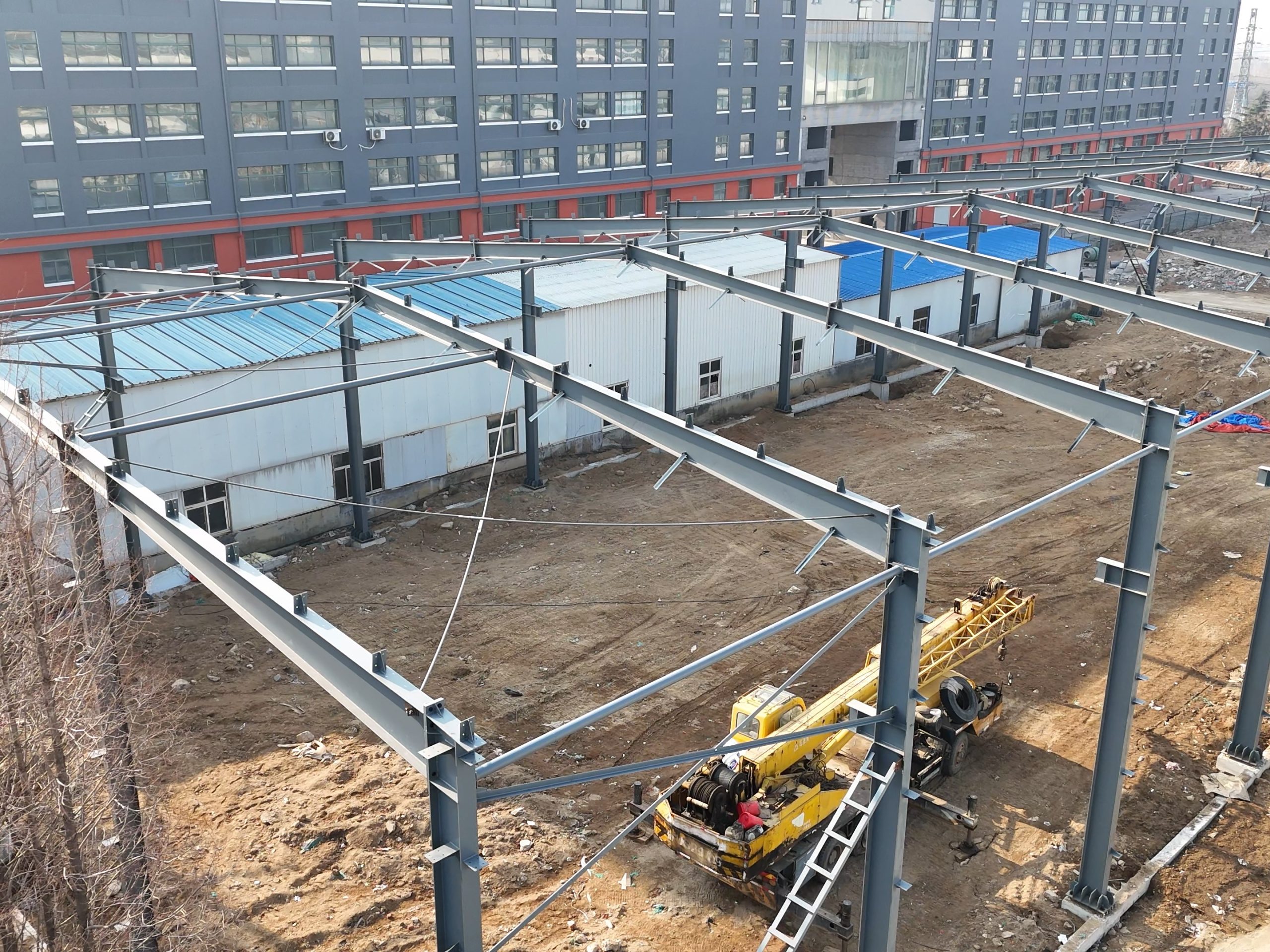
One of the main advantages of sound insulation panels is their effectiveness in reducing noise levels. These panels are specifically designed to absorb sound waves, making them an ideal choice for buildings located in noisy environments or areas with high levels of traffic. By installing sound insulation panels, building occupants can enjoy a quieter and more peaceful indoor environment.
In addition to reducing noise levels, sound insulation panels can also improve the overall comfort of a building. By absorbing sound waves, these panels can help create a more pleasant and relaxing atmosphere for occupants. This can be particularly beneficial in residential buildings, where noise from neighboring units or outside sources can be a major source of discomfort.
Another advantage of sound insulation panels is their versatility. These panels can be installed in a variety of locations, including walls, floors, and ceilings, making them a flexible option for building insulation. Additionally, sound insulation panels are available in a range of materials and thicknesses, allowing builders to choose the best option for their specific needs.
Despite their many advantages, sound insulation panels also come with some disadvantages compared to other building insulation materials. One of the main drawbacks of sound insulation panels is their cost. These panels can be more expensive than other types of insulation materials, making them a less budget-friendly option for some builders.
Another disadvantage of sound insulation panels is their installation process. These panels can be more difficult to install than other types of insulation materials, requiring specialized tools and expertise. This can add to the overall cost of a building project and may require hiring professional installers.
Additionally, sound insulation panels may not be as effective at insulating against temperature fluctuations as other building insulation materials. While these panels are designed to absorb sound waves, they may not provide the same level of thermal insulation as materials like fiberglass or foam insulation.
In conclusion, sound insulation panels offer several advantages as building insulation materials, including their ability to reduce noise levels, improve comfort, and provide versatility in installation. However, these panels also come with some disadvantages, such as their cost, installation process, and potential limitations in thermal insulation. Builders should carefully consider these factors when choosing the best insulation materials for their projects.
Drawbacks of Sound Insulation Panels Compared to Other Building Insulation Materials
Sound insulation panels are a popular choice for building insulation materials due to their ability to reduce noise levels and improve overall comfort in a space. However, like any building material, sound insulation panels come with their own set of advantages and disadvantages when compared to other types of insulation materials.
One of the main advantages of sound insulation panels is their effectiveness in reducing noise levels. These panels are specifically designed to absorb sound waves and prevent them from traveling through walls, floors, and ceilings. This can be particularly beneficial in buildings located in noisy environments, such as near busy roads or airports, where excessive noise can be a major source of discomfort for occupants.
In addition to their noise-reducing properties, sound insulation panels are also relatively easy to install. They can be easily cut to size and installed using simple tools, making them a convenient option for both DIY enthusiasts and professional contractors. This ease of installation can help reduce labor costs and shorten construction timelines, making sound insulation panels a cost-effective choice for many building projects.
Another advantage of sound insulation panels is their versatility. These panels come in a variety of sizes, shapes, and materials, allowing builders to choose the option that best suits their specific needs and budget. Whether you are looking for a lightweight option for a residential project or a heavy-duty solution for a commercial building, there is likely a sound insulation panel that will meet your requirements.
Despite these advantages, sound insulation panels do have some drawbacks when compared to other building insulation materials. One of the main disadvantages of sound insulation panels is their relatively low thermal insulation properties. While these panels are effective at reducing noise levels, they may not provide the same level of thermal insulation as other materials, such as fiberglass or foam insulation.
This lack of thermal insulation can result in higher energy bills and reduced comfort levels in a building, particularly in colder climates where heat loss through walls and ceilings is a major concern. In these cases, builders may need to supplement sound insulation panels with additional thermal insulation materials to achieve the desired level of energy efficiency.
Another drawback of sound insulation panels is their susceptibility to moisture damage. These panels are typically made from porous materials, such as foam or mineral wool, which can absorb moisture and become a breeding ground for mold and mildew. This can not only compromise the effectiveness of the panels in reducing noise levels but also pose a health risk to occupants.
In conclusion, sound insulation panels offer a range of advantages when it comes to reducing noise levels and improving comfort in a building. However, they also come with some drawbacks, such as limited thermal insulation properties and susceptibility to moisture damage. Builders should carefully weigh these pros and cons when choosing insulation materials for their projects to ensure they achieve the desired balance of noise reduction, thermal insulation, and durability.

